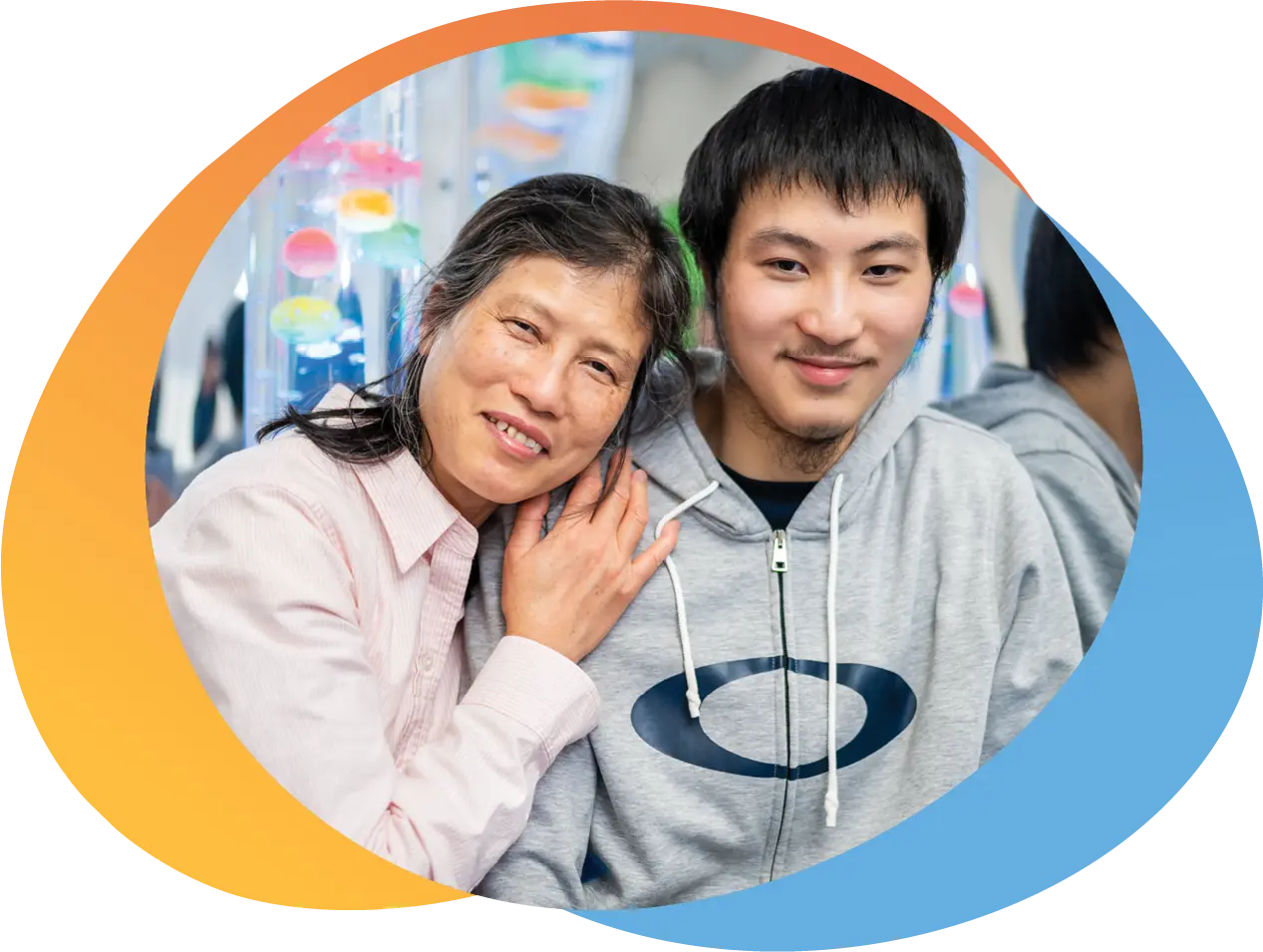Extensive Needs Services
In October 2023, our partnership with Holland Bloorview Hospital, Michael Garrison Hospital and Grandview Kids was announced to bring Extensive Needs Services (ENS) to children in Ontario. Funded by the Ministry of Health and the Ministry of Children, Community and Social Services, the ENS program was developed to provide timely and accessible treatment for children with urgent and extensive medical, health, developmental, and social needs. As the SmartStart Hub for Toronto, part of our role in this partnership involves acting as the entry point to helping families access care through the ENS program. We also have a dedicated team of ENS service coordinators who have been working closely with families to determine service goals, coordinate and make referrals to appropriate community supports, and ensure families are at the centre of the decision-making process.
IDD Mental Health Toolkit
With nearly 1 in 2 people with intellectual and developmental disabilities (IDD) experiencing a mental health issue, primary care providers play a vital role in their support. However, most family physicians and clinicians are not specifically trained to serve individuals with IDD. To bridge these gaps, we released the new online mental health toolkit in February 2024, developed by our Developmental Disabilities Primary Care Program (DDPCP), to empower physicians to better care for adults with IDD. The tools were designed as a quick and easy resource for busy physicians and complement the Canadian guidelines on primary care for adults with IDD. The toolkit assists with crisis management, addressing undifferentiated behavioural changes, and trauma-informed care; supporting the multifaceted aspects of mental health care for adults with IDD. Family doctors, psychiatrists, caregivers, and people with IDD came together to craft these tools with the family physician’s office in mind.
Mid-Scarborough Hub
In the summer of 2023, Surrey Place began providing services at our newest location, the Mid-Scarborough Hub, to better support families and caregivers in Scarborough that were identified as underserved. We heard families were interested in receiving supports and services in their local community in a convenient location more accessible by transit. We conducted a heat map analysis to identify key areas where we could improve reaching clients, and our collaboration with the Hub has allowed Surrey Place to move forward with our goal of meeting people where they are. The warm community at the Hub has provided a welcoming environment for the children, youth, and adults we support. Since opening our clinical space at the Hub, we have provided 224 core autism visits, 120 speech-language visits, 32 Developmental Services Ontario appointments, 20 SmartStart Hub drop-in consultations, 12 social work and 8 service coordinator visits for adults this fiscal year.
